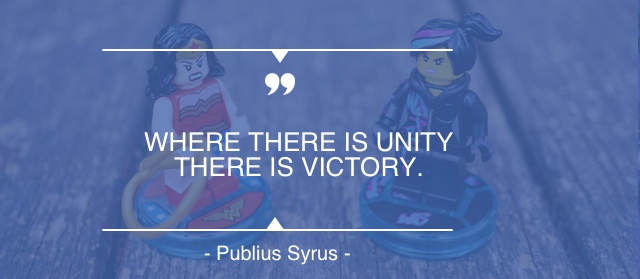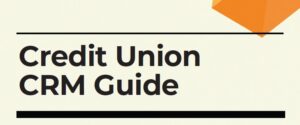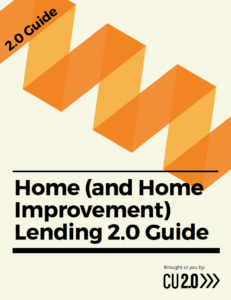
Many credit union marketers have difficulty telling the difference between a Facebook group and a Facebook page. Is there a tradeoff between using a Facebook group vs page? How are they different and which way should I go? If we were to conduct a digital marketing audit of the average credit union, Facebook groups would probably be absent from the mix. To clear things up, here are six compelling differences between Facebook groups and Facebook pages along with a few solid reasons to add a Facebook group to your credit union’s digital transformation roadmap.
#1: Facebook Pages Are Required for Facebook Advertising
Businesses are required to have a Facebook page to run an add on Facebook’s network. If paid Facebook advertising is a part of your lead generation strategy your business must have a Facebook page.
#2: Facebook Groups Create Deeper Relationships With Users
Facebook groups engender a deeper connection with your members and prospects. A Facebook page’s potential strength in building awareness is more than offset by a reduction in engagement behavior. Human psychology suggests that we are less willing to bare our souls in public comments, but we are more likely to open up about challenges in a private community like a Facebook group. Once you understand your member’s problems more deeply, your credit union is in a better position to serve them.
#3: Facebook Groups Deliver Better Visibility
Facebook groups provide better visibility because Facebook algorithms can decrease your Facebook page’s reach by as much as 98%, meaning that if a thousand people like your business page 980 of them are not going to see your content in their Facebook feed. With a Facebook group, everyone gets to see your posts. New group posts and post comment updates are sent to group members through automated desktop and mobile notifications increasing your opportunity to engage with those in need of help.
#4: Facebook Groups Help You Grow Your Mailing Lists
You can grow your email list faster with Facebook groups than you can with your business page or blog alone. Depending on the size of your group you can take advantage of your Facebook group’s increased member engagement and interaction to funnel hundreds of people into your email list weekly in a way that your business page simply can’t match. If you share a webinar recording or free whitepaper as a mailing list lead magnet, your Facebook group members are much more likely to opt-in to your mailing list because the trust level is through the roof.
#5: Facebook Groups Are More Profitable
Facebook groups are more lucrative than Facebook pages because the private nature of Facebook groups triggers the twin heads of digital marketing success namely engagement and visibility in a way that a Facebook page simply can’t do. Private Facebook groups are one of the best ways to share valuable insights and stimulate interaction that translates into heightened excitement and buzz for your brand, all without spending a dollar on advertising.
#6: Facebook Groups Are Great For Member Research
Because members are in a safe space, Facebook groups represent a powerful opportunity to check the pulse of your member base and test your business assumptions. Before launching a product or service share designs, project briefs or ideas with group members to meter interest. Posting surveys in the group is an effective way to zero in on credit union member needs and pain points that you can design solutions for. What is even better is that your research activity stands as proof of your empathy and puts on full display your willingness to collaborate with would-be and existing members on solutions to real problems.
At the close of the bell one tactic is not necessarily better than the other, so the Facebook group vs page conundrum doesn’t really exist. Each path has its inherent strengths and weaknesses. For example, advertising is a proven way to grow your Facebook group’s membership, but you can’t take part in Facebook advertising without a Facebook page. Done right, one hand washes the each other as part of a comprehensive digital marketing strategy for your credit union.
To learn more about Facebook and social media marketing tactics for credit unions browse our social media content.




